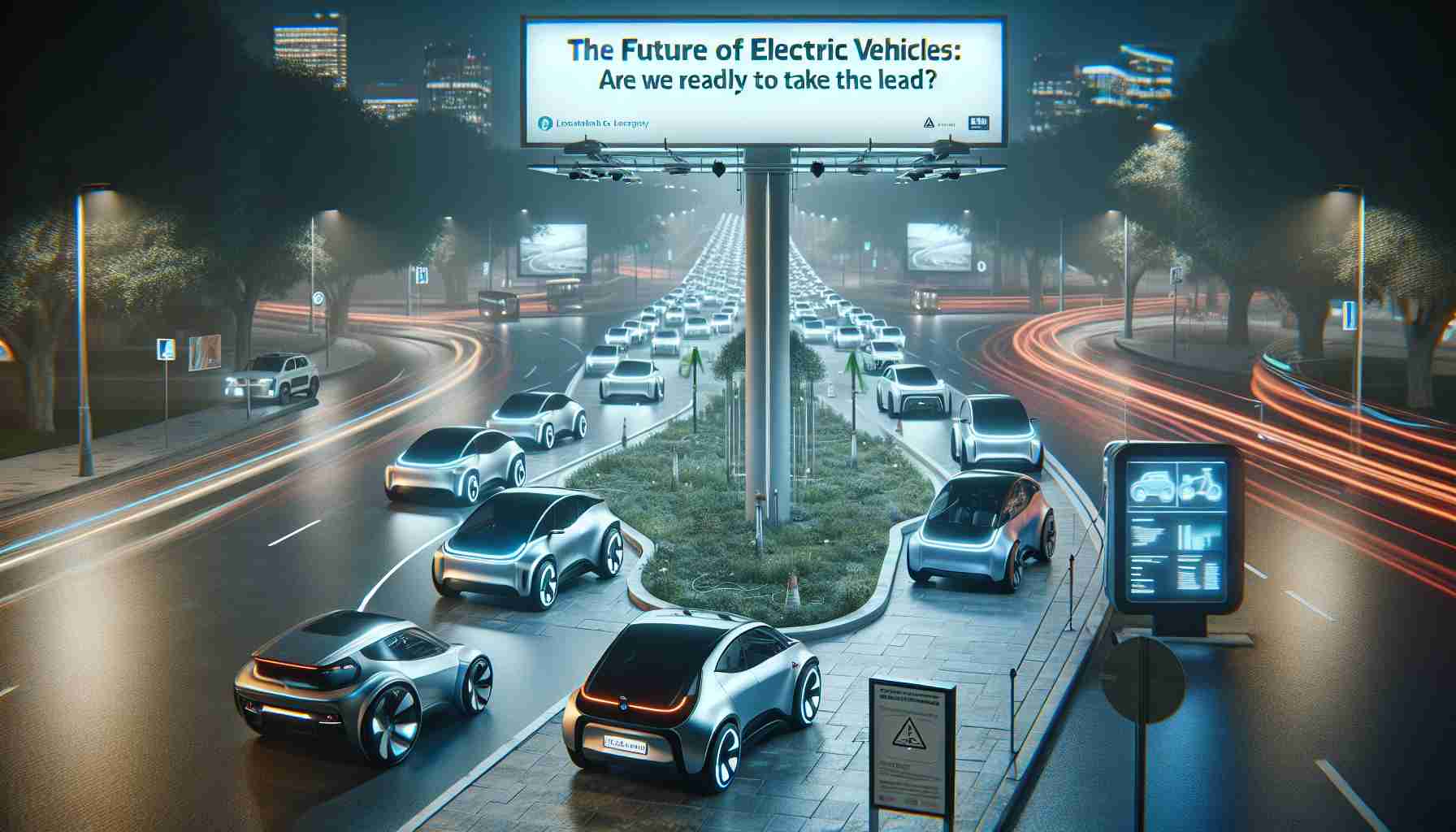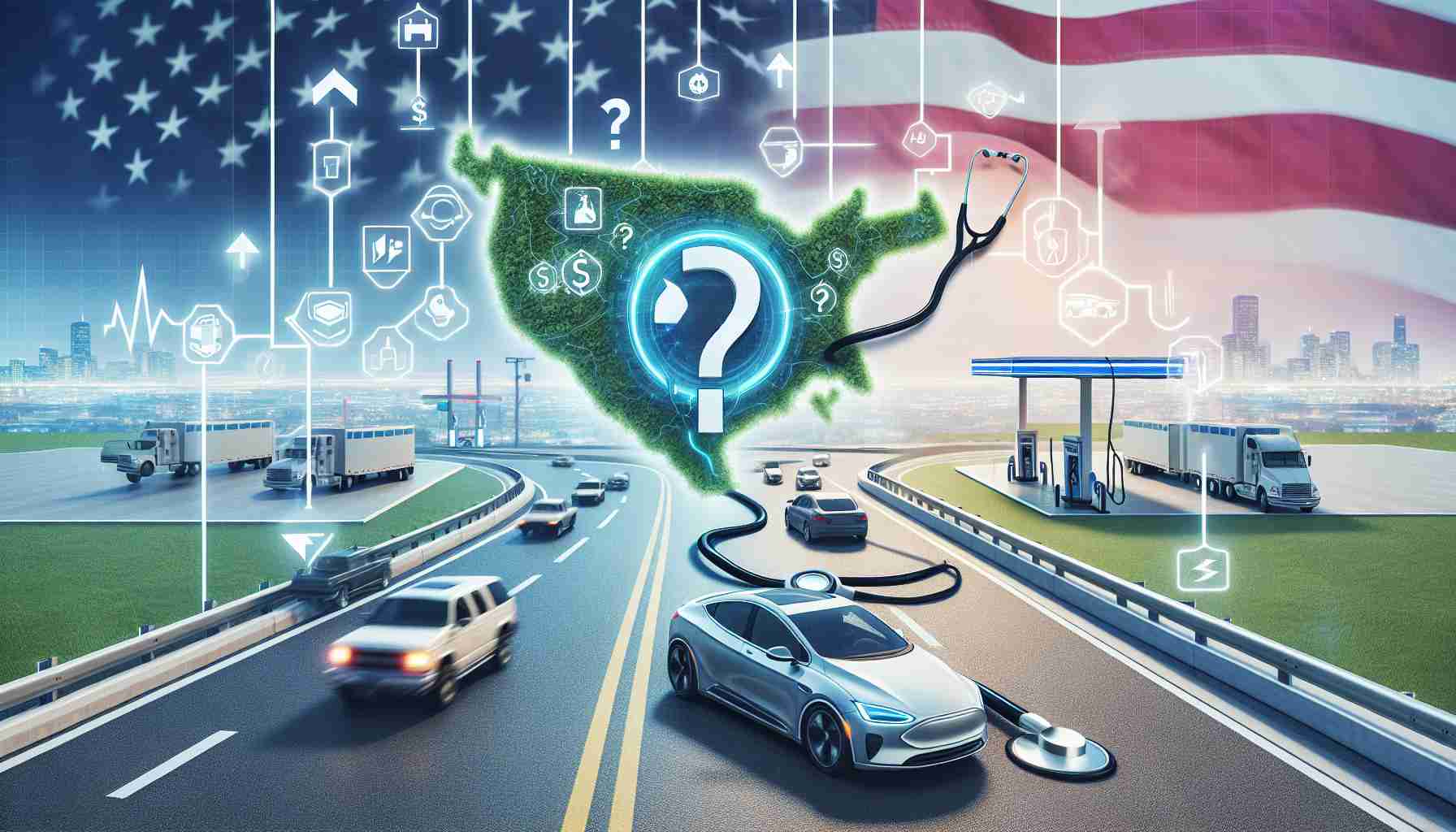




On January 29, 2025, U.S. Secretary of Transportation Sean Duffy issued a directive to the National Highway Traffic Safety Administration (NHTSA) to reverse fuel economy standards that have been in place since the 1970s. This move aligns with the Trump administration's broader strategy to promote oil and biofuels, asserting that the existing standards contradict their policy goals [8dfc595c].
Duffy's order specifically targets the Corporate Average Fuel Economy (CAFE) standards set under the Biden administration, which aimed for an average of 38 miles per gallon (mpg) by 2031. These standards were projected to save nearly 70 billion gallons of gasoline by 2050, significantly reducing both consumer costs and pollution [8dfc595c]. Critics of the new directive argue that it will ultimately increase costs for consumers and lead to higher emissions, benefitting oil executives and foreign auto manufacturers at the expense of American environmental standards [8dfc595c].
The implications of Duffy's actions are already reverberating through the automotive industry. Automakers, who have invested heavily in electric vehicle (EV) production to comply with stricter standards, now face uncertainty as demand for EVs slows and sales decline [631efbb6]. Companies like Stellantis and Volkswagen are reassessing their strategies in light of these regulatory changes, which could lead to a significant shift in production priorities [ca3dfe03].
BloombergNEF has adjusted its forecasts for electric vehicle sales downward, reflecting concerns about the future of EV adoption amid the changing regulatory landscape [ca3dfe03]. Environmental advocates warn that the rollback of federal support for electric vehicles could deter consumers from transitioning to EVs, ultimately hindering progress toward national emissions targets [391e465e].
The Environmental Protection Agency (EPA) is also reviewing California's emissions limits, which could complicate the regulatory environment further. California has announced plans to legally challenge the federal policy changes, aiming to uphold its stricter emissions standards and promote the adoption of electric vehicles [768b4fda].
As the automotive landscape evolves, advancements in battery technology and charging infrastructure will be crucial for the widespread adoption of electric vehicles. The shift to EVs is integral for achieving sustainability goals, but dependency on rare earth materials raises security concerns that must be addressed as the market continues to grow [391e465e].
In summary, Duffy's directive reflects a significant policy shift that could reshape the future of fuel economy standards in the U.S., with potential repercussions for both the environment and the automotive industry [8dfc595c].